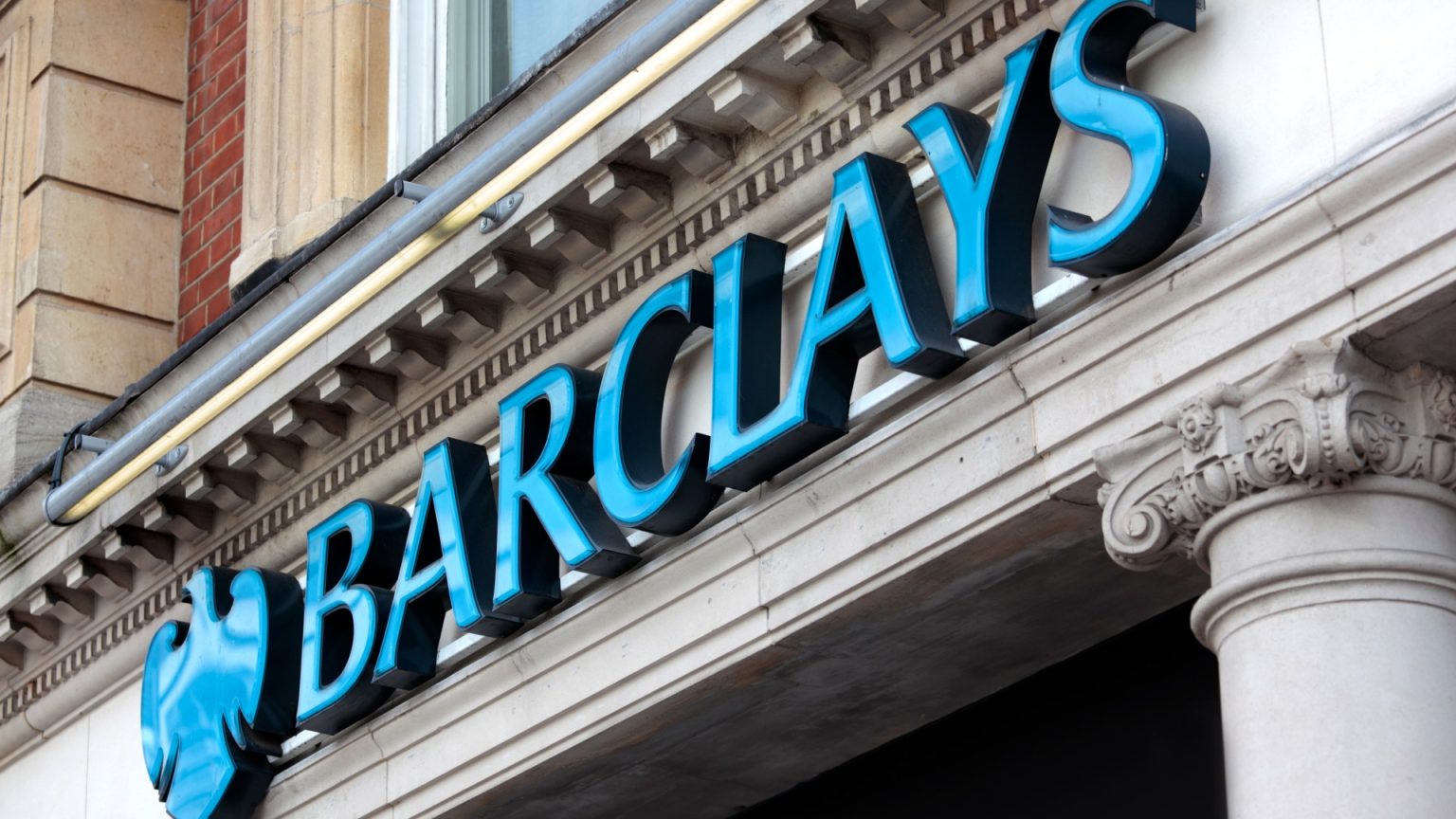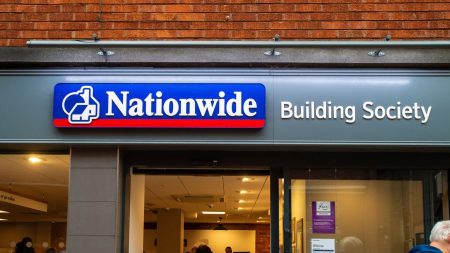Thousands of Barclays customers faced disruption on payday due to a significant service outage affecting online and mobile banking access. The outage, which began around 9:45 am on January 31st, prevented customers from logging in, checking balances, making payments, and receiving incoming funds. This disruption coincided with the self-assessment tax return deadline, potentially leading to penalties for late filers. Barclays acknowledged the issue and assured customers they were working to resolve it, advising them against retrying failed payments and assuring them that no one would be left out of pocket due to the outage. The bank also stated that customers could still use their cards and withdraw cash.
The outage sparked widespread frustration among customers, particularly those needing to access funds on payday or complete time-sensitive transactions like tax payments. DownDetector, a website tracking service disruptions, recorded over 5,000 reports related to Barclays’ online services. The primary issues reported included difficulties with mobile banking (over 50% of reports) and internet banking access (around 42%). Barclays updated its website acknowledging the ongoing problems and advising customers of potential inaccuracies in displayed balances and transaction records. The bank reiterated that it was actively working on a fix and apologized for the prolonged disruption.
Social media platforms became channels for customer complaints and expressions of concern about the outage’s impact. Users voiced their frustration about the inconvenience, particularly regarding difficulties paying taxes and the potential for financial penalties. Concerns were also raised about the bank’s reputation and the possibility of customers switching to other institutions due to the disruption.
While banks are not legally obligated to compensate customers for service outages in the same way as telecom companies, Barclays has stated that affected customers will not be left out of pocket. This suggests they will likely reimburse any charges or penalties incurred directly due to the outage, such as late payment fees resulting from failed transactions. Customers experiencing such issues are advised to contact Barclays directly with evidence of the problem and any resulting costs. This can be done through various channels, including phone calls, online chat, or branch visits.
Customers seeking compensation should document any losses incurred due to the outage, including late payment fees, missed transactions, and any expenses associated with resolving the issue, like phone calls or branch visits. Keeping records of communication with Barclays representatives, including names, dates, and the content of conversations, is also recommended. This documentation will strengthen their case when requesting reimbursement. Barclays’ website provides further details on their complaints procedure.
If customers are dissatisfied with Barclays’ response to their compensation claim, they can escalate the matter to the Financial Ombudsman Service (FOS). This independent body investigates complaints against financial institutions and can issue binding decisions. The FOS reviews the evidence presented and determines a fair course of action. Typically, the FOS can intervene 15 days after the initial complaint to the bank. In cases of IT system outages, the FOS considers the individual circumstances and whether the customer suffered financial loss. If the FOS finds in the customer’s favor, it can compel the bank to reimburse fees, charges, correct credit reports, and compensate for additional expenses incurred due to the outage, as well as for the general inconvenience caused.
Barclays’ service outage highlights the increasing reliance on digital banking services and the potential for widespread disruption when these systems fail. While the bank has pledged to ensure customers are not financially penalized, the incident underscores the importance of robust contingency plans and effective communication during such events. The long-term impact on customer trust and the bank’s reputation remains to be seen.










